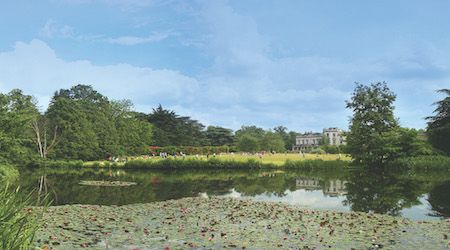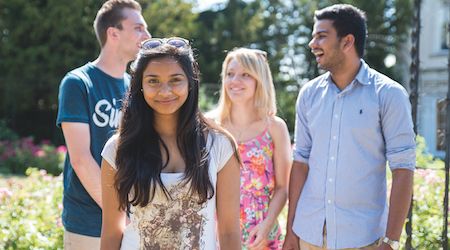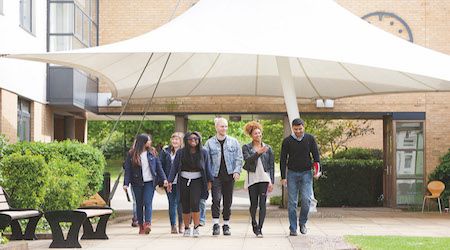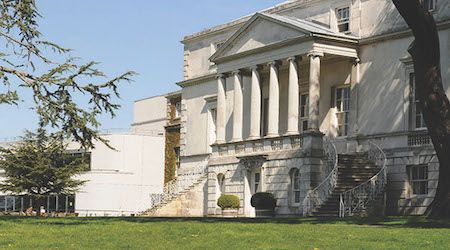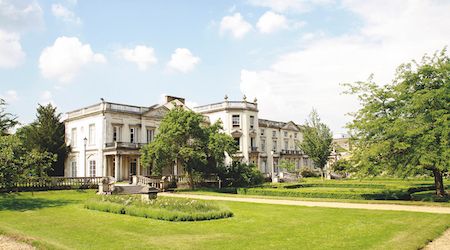University of Roehampton, BA (Hons), Education and English Language and Linguistics
Education Year 1: The student studies a number of compulsory courses introducing them to the main ideas in education; studying the history of the education system helps the student see why it is structured as it is, and a study of the philosophy of the system provokes them into questioning their educational values; the student tackles child and adolescent psychological development and investigates sociological influences such as race, gender and class; the student may also able to choose from a range of optional courses according to their particular interests. Year 2: in the 2nd year the student takes a compulsory course exploring controversial contemporary issues in education; the student may be able specialise by studying a particular age range if they wish, or they can focus on an area such as technology, values in education, or the spiritual and emotional aspects of learning and schooling; there is also an exciting opportunity to undertake an education placement providing opportunities to work with children on an informal basis; the student benefits from optional modules that cover a wide range of topics which may include: comparative studies (education in other countries); gender and race; education in museums; careers education and special educational needs; the student can study from a range of supported learning, building experience and confidence in various fields of employment; examples include: work with youth clubs; nurseries; behaviour units and youth offending teams; some other external certification and training with organisations such as the National Society for the Prevention of Cruelty to Children/National Pyramid Trust and the Communities Empowerment Network. Year 3: in the 3rd year the student can choose to undertake a special study in an area of personal interest with the support of a tutor. English language and linguistics Year 1: Linguistic tools and techniques are taught using real-world examples; the student may study: introduction to linguistics (looking at the sounds and structure of language); language, society and power (introducing a wide range of sociolinguistic issues); meaning in language (an introduction to word meaning). Years 2 and 3: in the 2nd and 3rd years, core modules give the student broad and detailed knowledge of significant areas of linguistic theory, training them in language analysis and in critical evaluation of a range of related theories; the core modules include: discourse and conversation analysis; English in its social context; phonetics and phonology; optional modules focus on specialised areas of language study; those on offer may include: forensic linguistics; language acquisition; language in the media; language and gender; the linguistics of sign language; language issues in multilingual settings; psycholinguistics; a number of teaching English to speakers of other languages (TESOL) modules.
Other courses at University of Roehampton
-
BA (Hons) Design
-
BA (Hons) Business Administration
-
BA (Hons) Hospitality & Tourism Management
-
BA (Hons) Politics and International Relations
Photos
